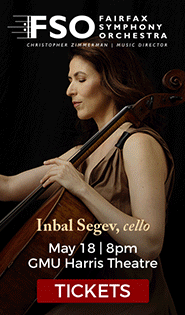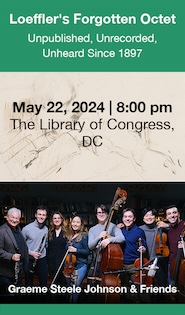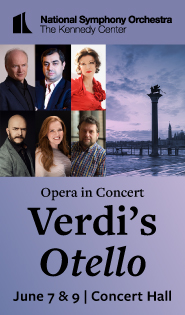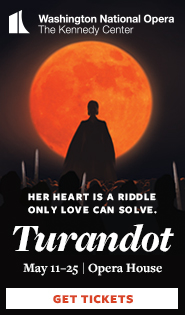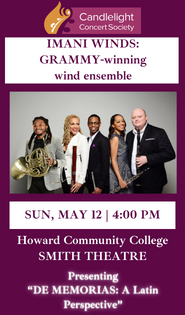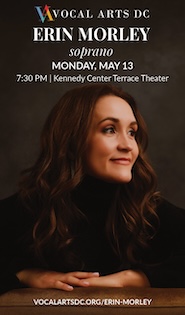The Thirteen make a glorious sound in a Monteverdi vesper feast
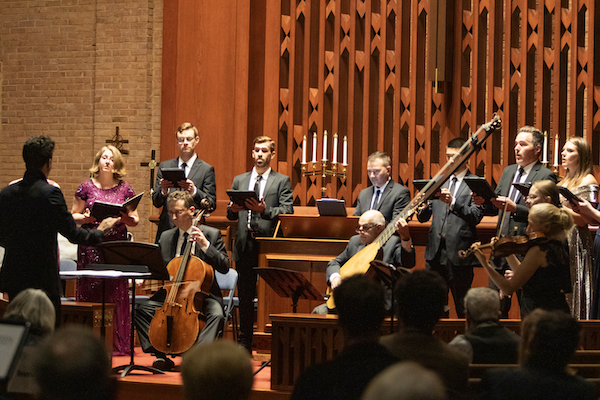
Matthew Robertson conducted The Thirteen in music of Monteverdi Friday night in Alexandria. Photo: Stan Engebretson
We all need more of Claudio Monteverdi’s music in our lives.
The Thirteen, the chamber choir directed by Matthew Robertson, opened last season with the composer’s sacred masterpiece known as The 1610 Vespers. On Friday night, at St. Luke’s Episcopal Church in Alexandria, the group followed that up with a vespers program cobbled together from the extensive body of music Monteverdi composed as maestro di cappella at the Basilica of San Marco in Venice.
Monteverdi left his post in Mantua, where he had composed that famous vespers in his 30s, to take the job in Venice in 1613. At the end of a long and celebrated career there, he published Selva morale e spirituale, a collection of religious music, in 1641. After his death, more of his sacred pieces appeared in the book Messa a quattro voci e salmi. Robertson has drawn from these publications as they were intended, to compile the music for a vespers service. (The Thirteen performed a different version of this reconstruction project in 2019.)
The result, a vespers-like concert, made for splendid listening. Eight excellent singers served equally well as soloists throughout the evening and as a beautifully blended choral ensemble. Cellist Ezra Seltzer, theorbist Billy Simms, and Adam Pearl at the chamber organ wove together a subtle and richly varied continuo fabric. Violinists Adriane Post and Carrie Krause alternated with the brilliant cornettists Doron Sherwin and Kiri Tollaksen on the melodic instrumental parts.
A rather florid setting of the versicle that begins all services in the Divine Office, Deus in adjutorium, gave a liturgical air to the opening. A chanted monotone, followed by a chordal response, introduced more complex music on the doxology. Next came the traditional first psalm of vespers, Dixit Dominus Domino Meo, in an ornate version for eight voices. Singing one on a part, with a choir of four on each side of the organ, the singers traded fast-moving imitative lines with quotations of the chanted psalm tone.
Some of the psalm settings, presented slightly out of traditional order and with some substitutions, had concerto settings serving as antiphons, beginning with a quirky setting of Ut queant laxis, a hymn proper to the feast of St. John the Baptist. Tenors Oliver Mercer and Steven Soph made an ideally balanced pairing in the twin solo parts, accompanied by roulades from cornetti and then violins. Robertson’s concise gestures brought out soaring swells of ensemble sound in the “Amen.”
The cornetti reinforced vocal lines in the five-voice setting of the psalm “Lauda Jerusalem,” especially beautiful when they helped bring out the quotation of the chanted psalm tone. Robertson’s penchant for fast tempos and crisp articulation heightened the effect of this piece. The descending chromatic line, at the words “He sends out his word and it melts them,” felt especially vivid.
Bass-baritone Edmund Milly deployed a striking range of two octaves to the solo psalm setting Laudate Dominum. Accompanied by continuo, the piece needed no conducting from Robertson, who took a seat. Milly’s baritone range, up to a high D, was impressively solid, including on the agile running lines, but he also resonated firmly into the depths, including all the way down to a low D below the staff, interpolated on the final note.
The rapid, chatty setting of Nisi Dominus, for six voices, featured many examples of Monteverdi’s dramatic text painting. Robertson brought out the slow, mournful music accompanying the words about the “bread of sorrow,” set in aching suspensions. God’s gift of rest came across in lush, hushed homophonic chords, and the “arrows in the hands of the mighty” shot upward in daring scalar patterns. Robertson, not afraid to add operatic touches to this dramatic music, even drove the musicians forward in an accelerando at one point.
The two fine sopranos, Katelyn Jackson and Sheila Dietrich, made an exquisite duo in Sanctorum meritis, a hymn proper to feasts of martyrs, especially since Dietrich was a last-minute substitution for an ailing colleague. They alternated verses, coming together airily in a high-flying Amen. Their rendition of Salve Regina, which opened the second half of the concert, proved even more striking, particularly the paired sighs of “Ad te suspiramus.”
Robertson’s final psalm selection, the seven-voice Beatus vir, did not really need an antiphon, since Monteverdi used the text’s opening line as a refrain, which returned ecstatically many times throughout the work. The evening was rounded out ideally with a meditative setting of the Litany to the Virgin Mary, with six voices added in a textural crescendo to this repetitive prayer.
Monteverdi’s first setting of the Magnificat canticle from Selva morale provided the traditional climax of a vespers service. The octet of singers poured forth a massive wall of sound, matching in volume the seven instruments amassed around them. Monteverdi drew attention to a particular line in the poem, “He has shown might with his arm,” by repeating it several times in a rollicking triple-meter section, with thrilling extended melismas aced again by the dueling sopranos.
The program will be repeated 7:30 p.m. Saturday and 5 p.m. Sunday, in different venues. thethirteenchoir.org
